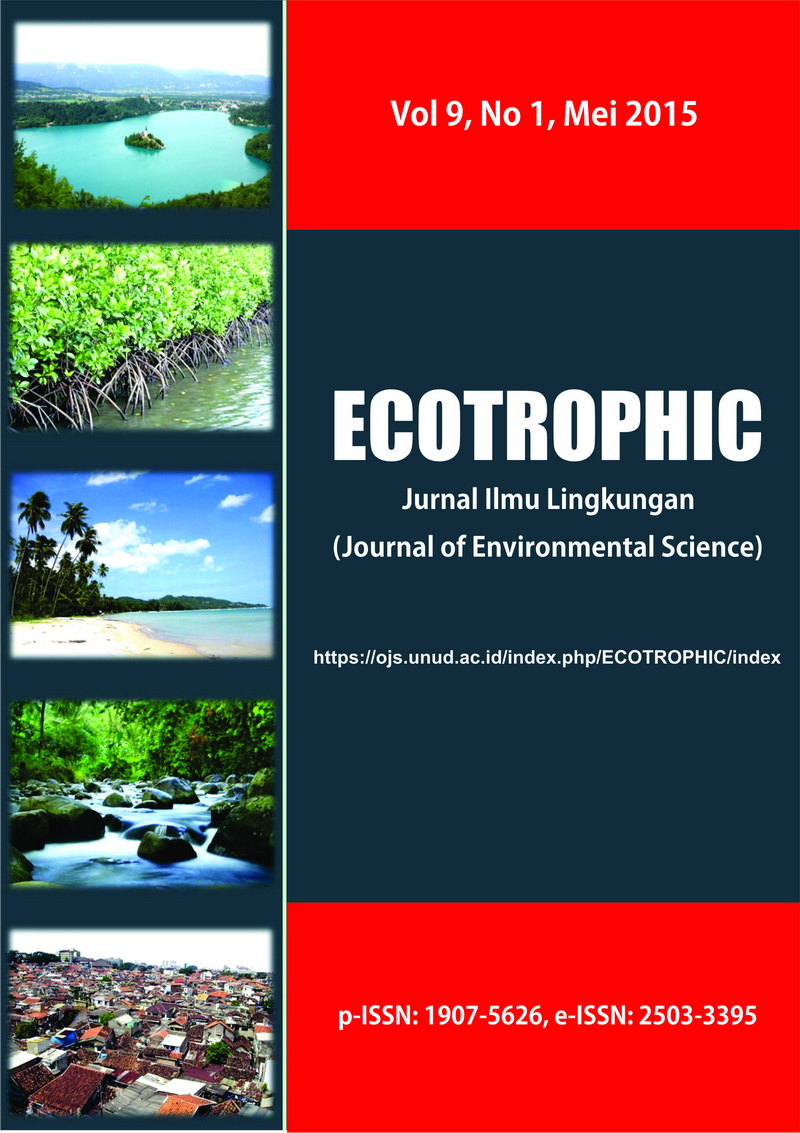ANALISIS PERPUTARAN RADIASI SURYA TERHADAP KINERJA SEL FOTOLISTRIK SEBAGAI ENERGI RAMAH LINGKUNGAN DI NUSA PENIDA KABUPATEN KLUNGKUNG PROVINSI BALI
Abstract
Photoelectric cells is an equipment made of semiconductor material of Silicone (Si14) functioned to catchand converse sun light to become electric energy directly. Through photoelectric phenomenon, that sun lightas particles with frequency/wavelength of certain light can release electrons in a material. This electrons’movement can produce electric current. The aim of this research was to find out the performance of aphotoelectric cells collector in conversing sun light to become electric energy due to the rotation of solarradiation in Nusa Penida.The research was conducted at PLTS electric home solar system Nusa Penida for 5 days the measurementto the parameter of Current (Isc) and Voltage (Vsc). Each measurement had duration of lighting for 8 hourseach from 09.00 until 16.00 Central Indonesian Time, with time interval of 30 minutes. Measurement anddata analysis produced in the research on Saturday, June 29th 2013 obtained: the amount of solar radiationarrived at earth’s outer atmosphere was 1321.90 W/m2, and passed along to earth’s surface at 621.29 W/m2,and received by photoelectric cells collector as heat power at 113.63 Watt, and efficiency produced was 25.3%,and electric power produced was 28.74 Watt, and can be equalized with fossil energy of 0.0237 liter ofgasoline, or equivalent to 106.65 rupiah. It meant that, photoelectric cells collector with area of 50 x 110cm2in a day can protect earth from global warming of 28.74 Watt, in using of fossil energy at 0.0237 liter ofgasoline.The efficient performance of photoelectric cells was still considered small. In order to achieve big capacityof electric power required a lot of collector modules and large area, so that with the growing of semiconductortechnology, it is expected that whenever possible it can reduce electron binding energy on material, andoptimize solar lighting system to photoelectric cells collector modules, so that the efficient performance ofphotoelectric cells can be expected to be above 90%.Downloads
Download data is not yet available.
Published
2015-05-01
How to Cite
SUASTAKA, I N.; MAHARDIKA, I Gede; MAHENDRA, M.S..
ANALISIS PERPUTARAN RADIASI SURYA TERHADAP KINERJA SEL FOTOLISTRIK SEBAGAI ENERGI RAMAH LINGKUNGAN DI NUSA PENIDA KABUPATEN KLUNGKUNG PROVINSI BALI.
ECOTROPHIC : Jurnal Ilmu Lingkungan (Journal of Environmental Science), [S.l.], v. 9, n. 1, p. 46 - 53, may 2015.
ISSN 2503-3395.
Available at: <https://ojs.unud.ac.id/index.php/ecotrophic/article/view/14857>. Date accessed: 27 feb. 2026.
doi: https://doi.org/10.24843/EJES.2015.v09.i01.p06.
Issue
Section
Articles
Keywords
Photoelectric cells, Solar energy, Nusa Penida electric, Sun electric


